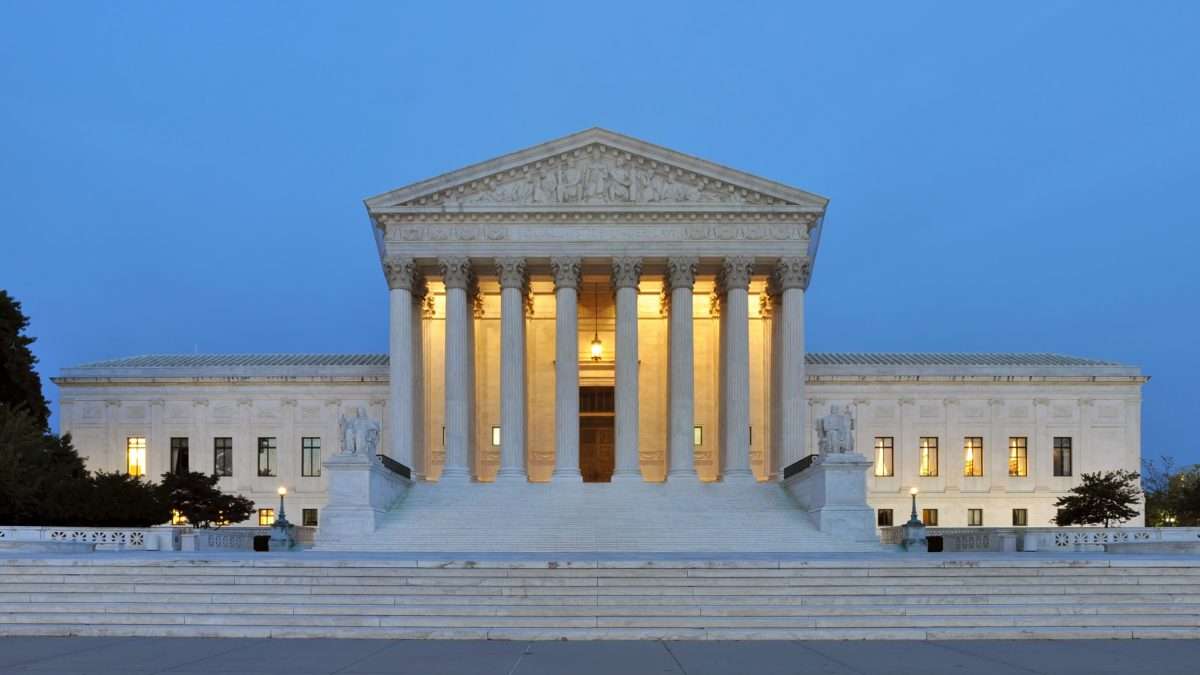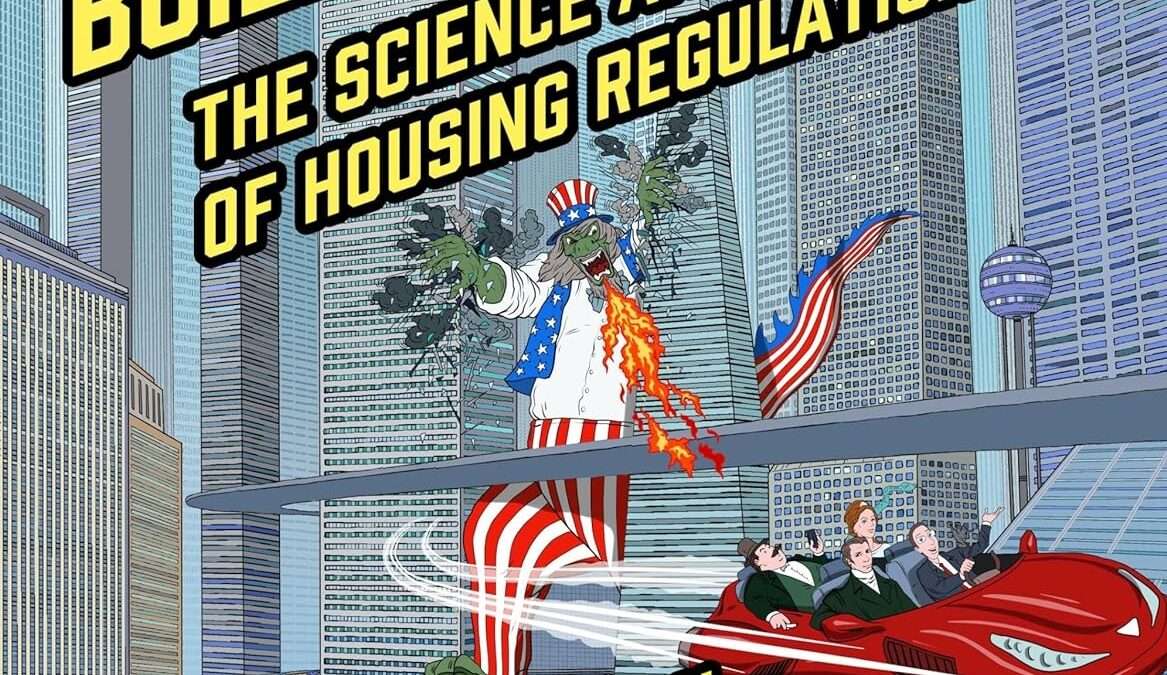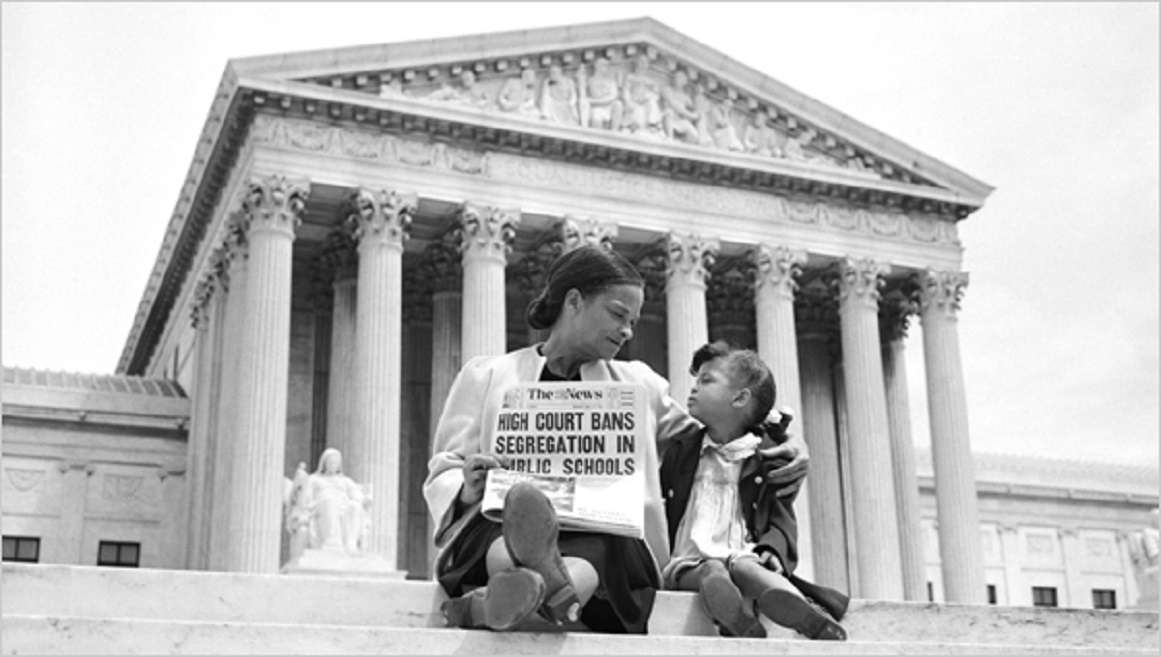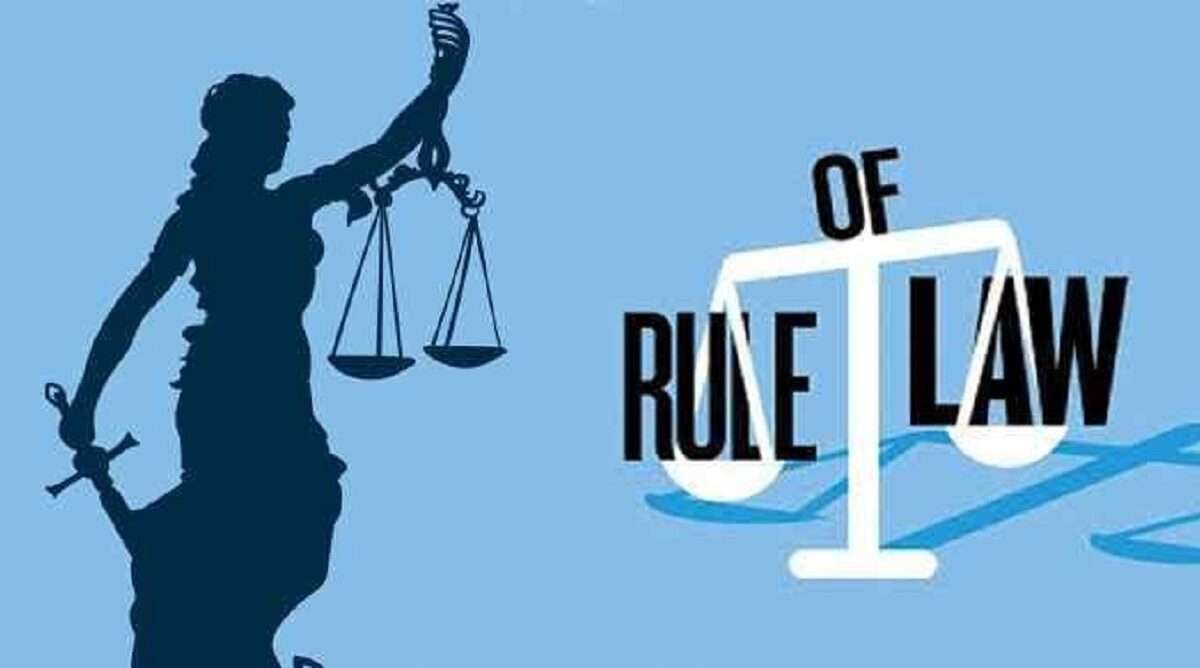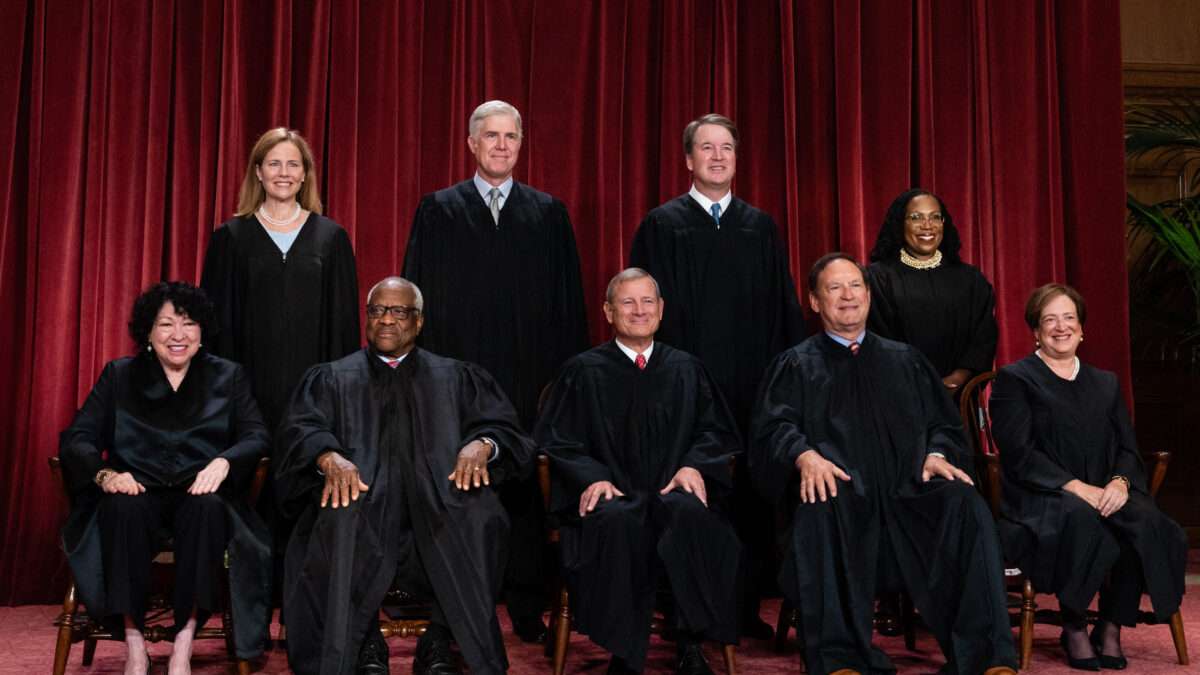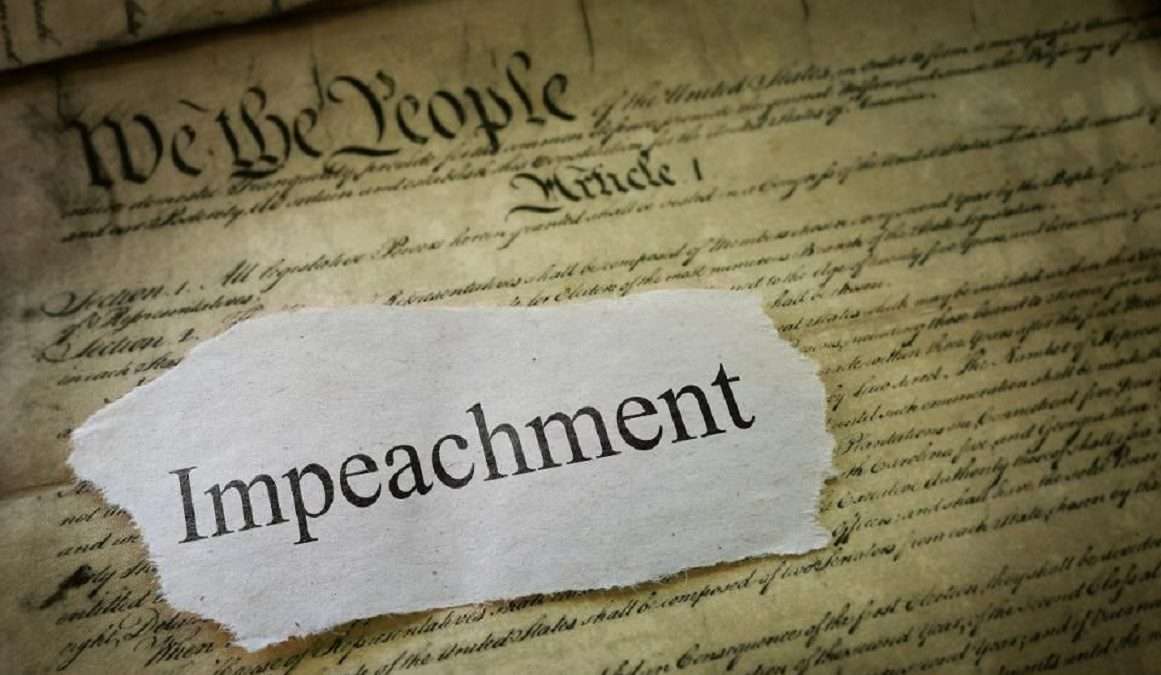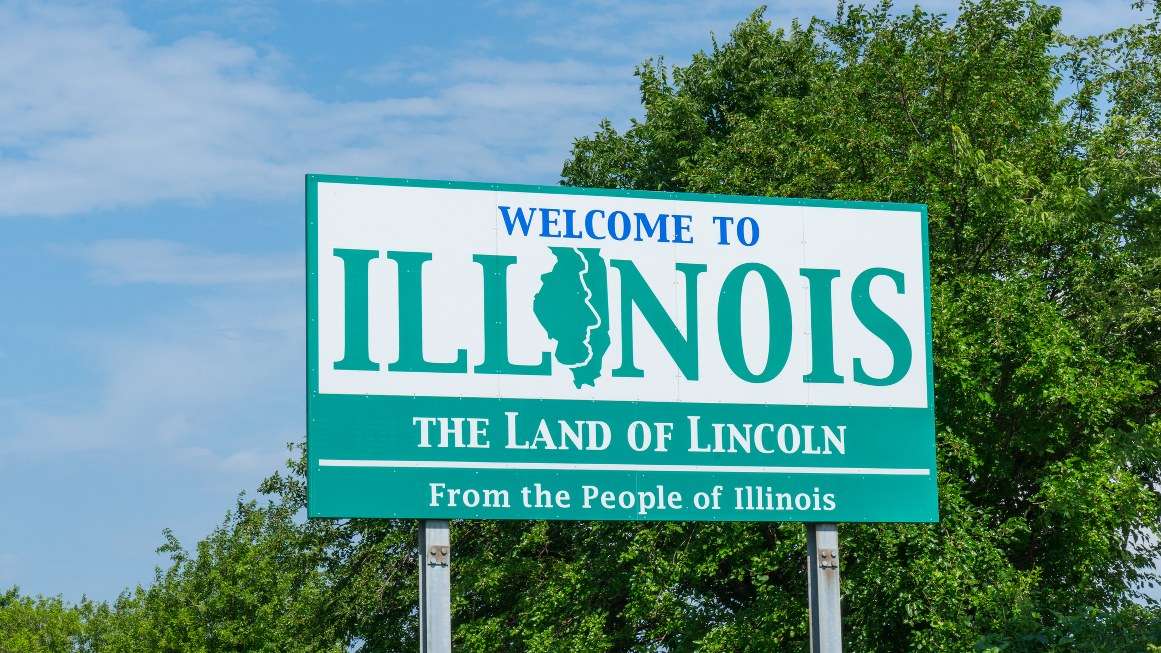Harris and Trump Offer Terrible Housing Policies


The housing crisis is one of the most important policy issues facing the nation. Housing shortages increase living costs for large numbers of people, and also prevent millions from moving to places where they would have better job and educational opportunities, thereby slowing economic growth and innovation. Both Kamala Harris and Donald Trump have taken positions on housing issues. But their ideas are mostly ones that would cause more harm than good. Sadly, neither candidate proposes any meaningful steps to break down the biggest barrier to housing construction in most of the US: exclusionary zoning rules that make it difficult or impossible to build new housing in response to demand.
Harris is the one that has offered more in the way of detailed proposals. She proposes giving $25,000 tax credits to first-time homebuyers and tax incentives for developers selling homes to first-time buyers. She also advocates restricting the use of algorithms to set rental prices, and capping rent increases and cracking down on "corporate" landlords. The rent control idea may be a reference to the Biden Administration's recent plan to cap rent increases at 5% per year, though it is not clear if Harris endorses it. Harris also promises to build 3 million new homes by 2029, but is extremely vague on how exactly she plans to do it.
These policy ideas range from mediocre to awful. A $25,000 subsidy for first-time homebuyers is unlikely to do much to ease housing shortages. The fundamental problem is one of regulatory restrictions on supply. In that environment, subsidizing demand will simply bid up prices. Moreover, the people who most suffer from housing shortages are mostly renters, not would-be homeowners. This subsidy plan does nothing for them. Much the same goes for the plan to provide tax incentives for developers. This won't do much for supply so long as developers are barred from building much in the way of new housing in many places, especially multi-family housing.
If zoning and other regulatory restrictions do get lifted, Harris's tax credit incentives would be unnecessary. And, indeed, there would be no good reason to have the tax code favor housing purchases over other types of consumption.
Rent control is a terrible idea that is actually likely to exacerbate shortages. This is an Economics 101 point broadly accepted by economists across the political spectrum. Don't take my word for it. Take that of prominent progressive ecoonomists, such as Paul Krugman, and Jason Furman, former chair of Barack Obama's Council of Economic Advisers, who points out that "[r]ent control has been about as disgraced as any economic policy in the tool kit."
Finally, there is no good reason to think that corporate landlords are any worse than other types of landlords, or that algorithmic pricing is somehow making the housing crisis worse. To the contrary, corporate landlords are usually as good or better than their "mom and pop" counterparts. Take it from a longtime renter with experience living under both types of landlords; the corporate ones usually maintain their properties better, and have better customer service. And algorithms can help owners identify situations where they can increase profit by lowering prices, as well as increasing them.
Harris is right to want to build 3 million new homes. Indeed, it would be great to build more than that. But, so far, she hasn't proposed much in the way of effective methods of doing it. Unless and until she does so, her aspiration for 3 million new homes is not much more viable than my desire to add 3 million unicorns to the nation's stock of magical animals.
At times she has made noises about cutting back red tape. I assume, also, that she supports President Biden's plan to make "underutilized" federal land available for housing construction. The latter is a good idea, but it's far from clear exactly which land will be opened up and on what terms.
Trump's housing agenda is less detailed than Harris's, but could well be even worse. The housing chapter of the Heritage Foundation's controversial Project 2025 emphasizes that "a conservative Administration should oppose any efforts to weaken single-family zoning." Single-family zoning, of course, is the most restrictive type of exclusionary zoning blocking new housing construction in many parts of the country. Donald Trump has disavowed Project 2025, and claims he "knows nothing about it." But the author of the housing chapter is Ben Carson, Trump's former secretary of Housing and Urban Development. During the 2020 election, Carson and Trump coauthored a Wall Street Journal op ed attacking efforts to curb exclusionary single-family zoning. He recently reaffirmed that position, promising to block "low-income developments" in suburban areas. On housing, at least, Project 2025 seems to reflect Trump's thinking, and that of the kinds of people likely to influence housing policy in a second Trump administration. The Trump worldview is one of NIMBYism ("not in my backyard").
Trump's immigration policies—a centerpiece of his agenda, if anything is—would also have negative effects on housing. Evidence shows that mass deportations of undocumented immigrants reduce the availability of housing and increase the cost, because undocumented immigrants are an important part of the construction work force (an effect that outweighs the potential price-increasing effect caused by immigration increasing the number of people who need housing). Trump and his allies also plan massive reductions in most types of legal immigration. Slashing work visas is also likely to negatively affect housing construction (as well as damage the economy in other ways).
If there is a saving grace to the Harris and Trump housing policies, it's that most of them cannot be implemented without new legislation, which will be extremely hard to push through a closely divided Congress. That's true of the Harris's rent control policies, and her plans to subsidize home purchases, and crack down on "corporate" landlords. Likewise, a Trump administration would probably need new legislation for any major effort to protect single-family zoning against state-level reform efforts.
But Trump's immigration policies are an exception. The executive could ramp up deportation and slash legal immigration without new legislation. Indeed, the Trump administration did in fact massively cut legal immigration during Trump's previous term in office. Deportation efforts could be partially stymied by state and local government resistance (as also happened during Trump's first term). But Trump could partly offset that by trying to use the military, as he and his allies plan to do (whether legal challenges to such efforts would block them is debatable). At the very least, ramping up federal deportation efforts would drive undocumented immigrants further underground, and reduce their ability to work on construction, where laborers are relatively out in the open and more vulnerable to detection than in some other jobs.
In sum, Harris and Trump are offering mostly terrible housing policies. Their main virtue is the difficulty of implementing them.
There are, in fact, steps the federal government can take to ease housing shortages. Most restrictions on new housing are enacted by state and local governments, which limits the potential of federal intervention. But Congress could enact legislation requiring state and local governments that receive federal economic development grants to enact "YIMBY" legislation loosening zoning rules. Perhaps a stronger version of the YIMBY Act proposed by Republican Senator Todd Young and Democratic Rep. Derek Kilmer (their version could be a useful start, but does not have enough teeth). Those who object to such legislation on grounds of protecting local autonomy should recall that YIMBYism is actually the ultimate localism.
The federal Justice Department could also support litigation aimed at persuading courts to rule that exclusionary zoning violates the Takings Clause (which it does!). Such litigation could do much to break down barriers to new housing construction. Federal government support wouldn't guarantee victory. But it could help by giving the argument instant additional credibility with judges.
Finally, the feds could help pursuing the opposite of Trump's immigration policies, and instead make legal migration easier. That would increase the construction workforce, and make housing construction cheaper and faster.
Sadly, neither major-party candidate is proposing to do any of these things. Instead, they mostly sell claptrap that is likely to make the housing crisis even worse.
The post Harris and Trump Offer Terrible Housing Policies appeared first on Reason.com.




